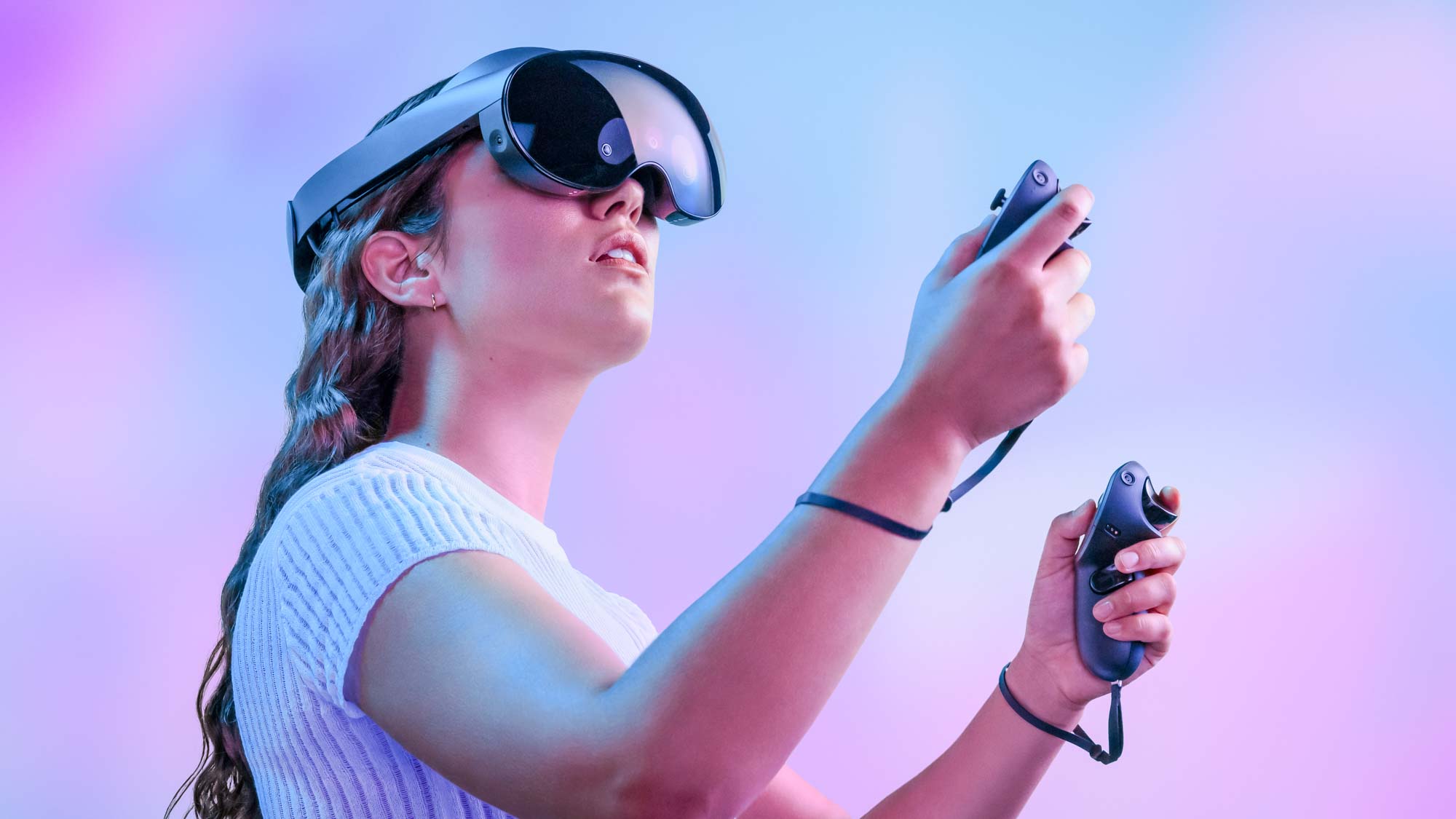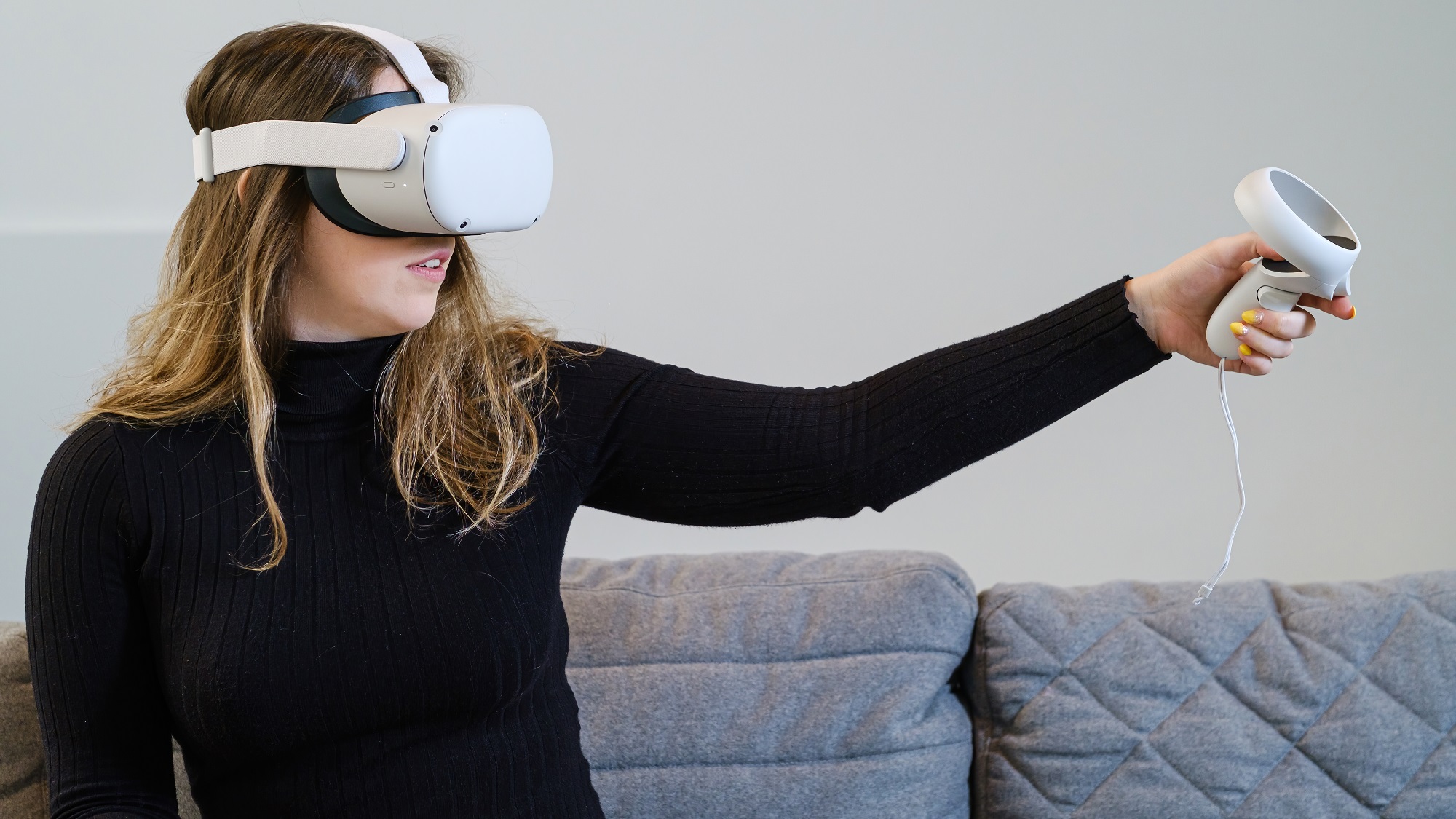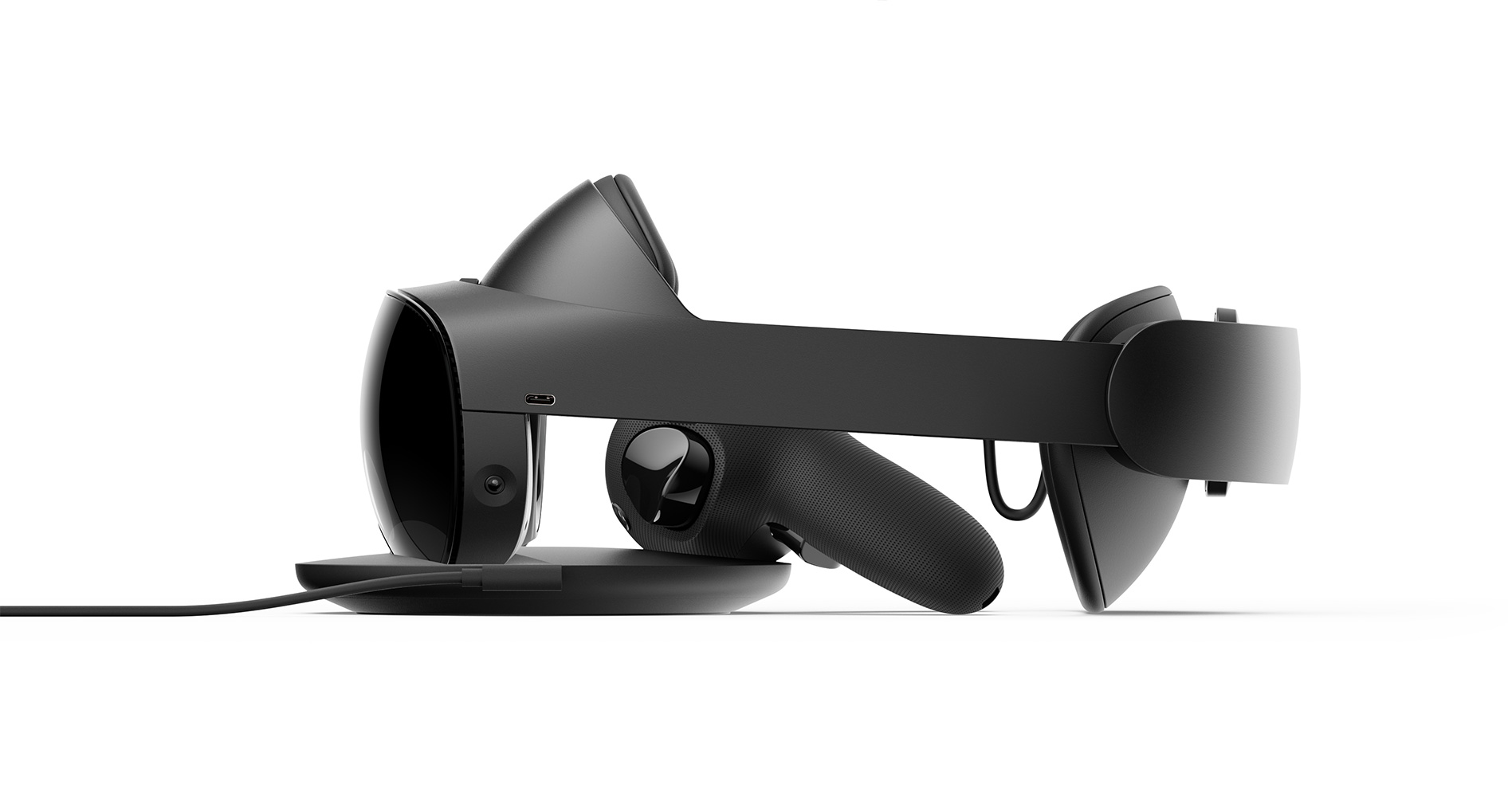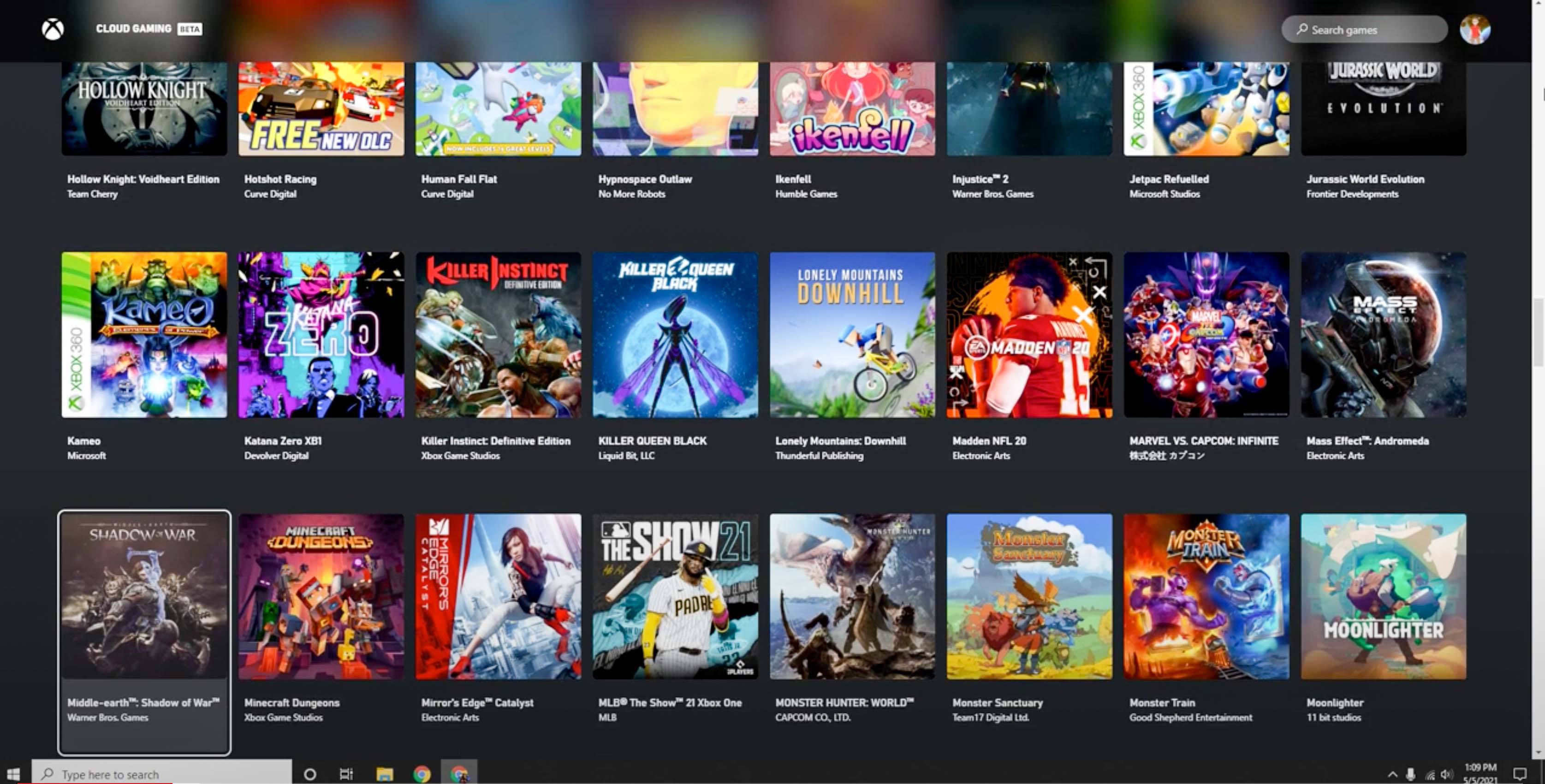The Meta Quest Pro puts an Xbox on your face — here’s why I’m not excited
The Meta Quest Pro supports Xbox Cloud Gaming, but it doesn't sound compelling

Update: Meta Quest 3 price tipped by Mark Zuckerberg — here’s what we know.
The Meta Quest Pro was unveiled during Meta Connect and it seems like a powerhouse of a virtual reality headset. Our early hands-on impressions suggest that it is a definite step forward from — but not a direct successor to — the Meta Quest 2.
Luckily, Meta Connect was not all about the Quest Pro. Meta CEO Mark Zuckerburg was joined by Microsoft CEO Satya at one point to announce a variety of Microsoft and Meta Quest collaborations — including the addition of Xbox Cloud Gaming (Beta) to the Meta Quest Store.
As cool as this idea is, there are a couple of reasons why it will probably be just a drop in the Meta Quest bucket rather than a massive ripple. First, the app will essentially allow for Xbox games to be played on the Meta’s more immersive headset. It won’t support true VR gaming. Second, for gamers like me who will play for hours at a time the battery life of the best VR headsets simply won’t cut it.
Xbox Cloud Gaming on Meta Quest: What we know so far

The details on the Meta Quest app version of Xbox Cloud Gaming are pretty slim; basically a paragraph in a Meta blog post that followed the Meta Connect keynote presentation. The way it is tipped to work is that the app will play games on a massive 2D screen on the Meta Quest 2 headset.
While this falls short of the dream of playing Halo Infinite in fully immersive virtual reality or sitting in the cockpit of a Ferrari while playing Forza Horizon 5, this could still be really cool. In fact, with the immersive spatial audio touted by the Quest Pro, using a VR headset could even become the ideal way to play console games if it wasn’t for a major shortcoming — you have to charge the headset.
Weak battery life makes console gaming on VR a novelty, not a killer app

Unfortunately, the battery life is too limiting for the current Quest lineup to be a replacement for your TV. The Meta Quest 2 is limited to two to three hours and the Meta Quest Pro is a step down from that at just one to two hours of battery life. Gamers looking to have a marathon gaming session simply won’t want to deal with using the Quest headset for an hour, then switching back to the TV while the Quest charges. They are just going to use their TV out of convenience.
Similarly, those looking to just hop on for a minute won’t want to deal with putting on their headset and connecting their controller when they can just turn on their TV and play for a couple of minutes. Not that putting on a Quest 2 or Quest Pro is a Herculean task, but unless the experience on the Quest headsets is superior, it won’t be worth the effort for most gamers.
Most likely, the people who will use this feature are those using the headset already for something else. Maybe you just finished playing a round of Among Us in virtual reality, which Meta teased at its Connect keynote today, and since you’re wearing your headset you pick up your controller and play Halo Infinite for a round or two of multiplayer action.
Xbox Cloud Gaming on Meta Quest: Outlook

I am hopeful about what the future holds for the Meta Quest and Xbox partnership. Xbox games with Meta Quest Pro controller support would be awesome. So would Microsoft developing virtual reality-native games for the Quest ecosystem, which is less likely but not impossible.
But for now, the headsets need to be able to crack the three-hour mark for battery life so they can justify being a primary gaming device. Until then, I’ll reserve my virtual reality gaming for the best VR games rather than attempting to duplicate the console experience.
Next: Whoops! Phil Spencer just gave the world a peek at the Xbox streaming device.
Sign up to get the BEST of Tom's Guide direct to your inbox.
Get instant access to breaking news, the hottest reviews, great deals and helpful tips.

Malcolm has been with Tom's Guide since 2022, and has been covering the latest in streaming shows and movies since 2023. He's not one to shy away from a hot take, including that "John Wick" is one of the four greatest films ever made.
